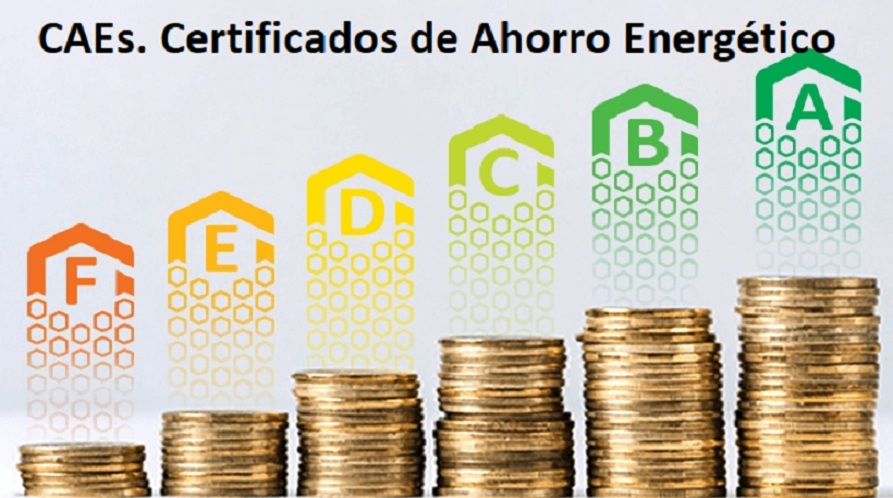Energy Saving Certificates (CAE) have emerged as an innovative economic and environmental instrument driven by the Ministry for the Ecological Transition and the Demographic Challenge (MITECO). These are electronic documents that certify and quantify final energy savings, allowing companies to recover part of the investment made in energy efficiency. Essentially, they convert every kilowatt-hour saved into a tangible and tradable asset, creating a market where sustainability has direct economic value.
This mechanism, established by Royal Decree 36/2023, targets a very broad spectrum of actors, including SMEs, large industries, businesses, the transport sector, and even public administrations and residential communities. Its fundamental purpose is to accelerate the energy transition in Spain by offering a financial incentive for companies to modernize their infrastructure and processes. In this way, not only are consumption and national energy dependence reduced, but the competitiveness of the productive sector is also improved.
The system benefits a dual channel: on the one hand, the companies that make the investments and can monetize their savings, and on the other, the “obligated parties” (energy suppliers), who, instead of paying a full tax to the National Energy Efficiency Fund (FNEE), can fulfill part of their obligation by purchasing these certificates, which is more profitable for them. A particularly relevant benefit occurs in the transport sector, where fleet optimization, vehicle renewal for more efficient ones, or the use of alternative fuels can generate CAEs, thus offsetting operating costs and promoting more sustainable mobility.
The application of this market is recent, as actions to generate CAEs are valid for those carried out from January 26, 2023, with their validity extending until 2030. MITECO, as the promoting body, not only defines the regulatory framework but also establishes the reference value of the certificates, setting it for example for 2024 at €182,373.17 for each certified GWh of savings.
For a Spanish company, the impact of CAEs is transformative. Beyond the immediate economic benefit from the sale of the certificates, it internalizes the culture of efficiency, permanently reducing its operating costs and modernizing its infrastructure. This mechanism not only improves its bottom line but also strengthens its corporate image as an entity committed to sustainability, anticipating stricter future regulations and positioning itself more competitively in a global market that increasingly values environmental responsibility.
Have any thoughts?
Share your reaction or leave a quick response — we’d love to hear what you think!





